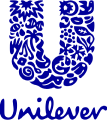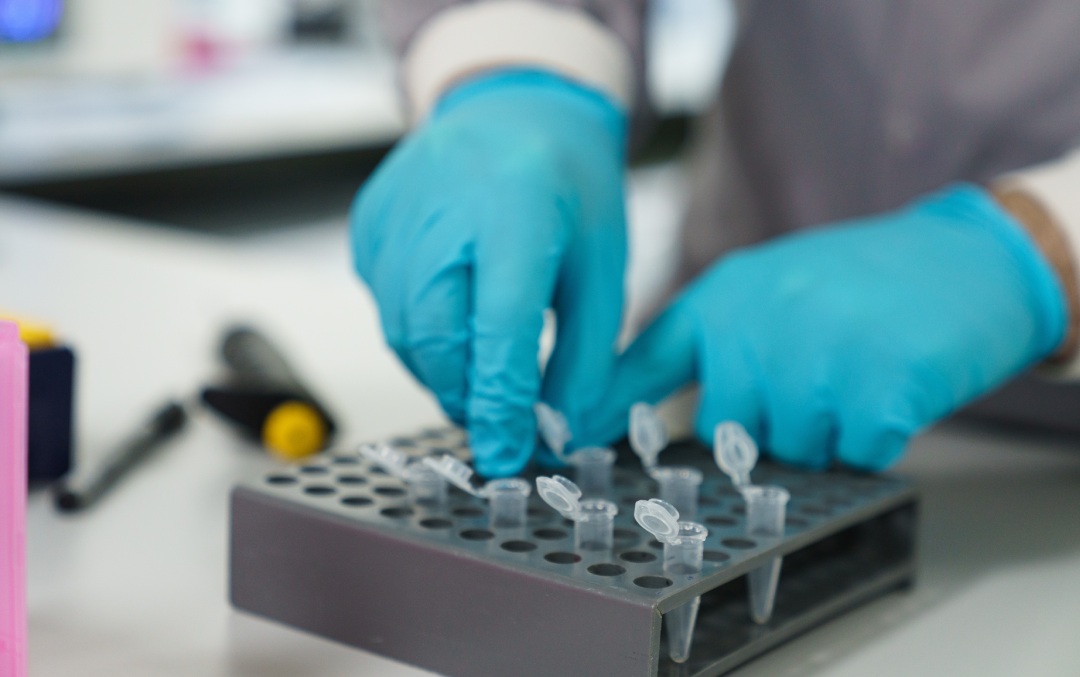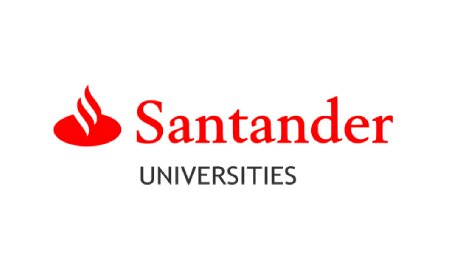
Person 1
Nulla consequat massa quis enim. Praesent venenatis metus at tortor pulvinar varius. Nunc egestas, augue at pellentesque laoreet, felis eros vehicula leo, at malesuada velit

Removing all animal derived products from in vitro cell culture.
Foetal Bovine Serum (FBS) is a highly utilised serum supplement for biomedical research and in vitro cell culture. It has been considered the gold standard for many years due to its relatively low cost and plethora of data showing that it works well for cell culture practices. However, despite being the “go to” method for culturing eukaryotic cells, it doesn’t come without its flaws, namely incomplete protein profiles and inconsistent batches, since manufacturers are not required to disclose such product information.
It is easy to assume that FBS is just a serum, but recent proteomic and metabolomic studies reveal approximately 1,800 proteins and more than 4,000 metabolites are present which varies from batch to batch affecting experimental outcomes. For example, a higher or varying concentration of signalling molecules such as Transforming Growth Factor (TGF) and Insulin- Like Growth Factor (IGF) can adversely impact functionality and activation of many cells, creating further uncertainty and variability in biomedical testing (Ferneyhough, 2015).
FBS contains a variety of proteins, lipids and hormones with many functions that can alter the cells in culture. A wide range of studies have shown that genetic make-up and environmental factors can affect an organism; therefore, factors such as diet, welfare, and the timing of the sacrifice of the cows or foetuses, as well as their genetics and biochemistry, can affect their serum characteristics. As a result, in vitro assessments may be difficult to reproduce, and produce misleading data, leading to uninformed decisions being made for potential test compounds.
Applied to the 2 million bovine foetuses killed annually to produce approximately 800,000 litres of FBS (Gstraunthaler, Lindl & van der Valk, 2013), we consider not only the ethical use of animals in the chemical testing industry, but also how unsustainable it is to continue harvesting FBS. For these reasons, researchers are actively seeking to develop a more reliable, reproducible, and sustainable, innovative growth medium for cells in culture.
My research at ImmuONE is focused on developing in vitro toxicology models that are 100% animal-free. The objective is to culture cells with the complete absence of animal products or derivatives of any kind. Throughout the stages of cell culturing, called passaging, we repeatedly test our immune models in a chemically defined medium, resulting in a completely characterised cell profile and a benchmark baseline for other researchers to compare their results against.
Development of serum-free media is time-consuming and can be extremely challenging, as it must include the necessary constituents to ensure cell culture and adaption to a chemically defined media are successful. However, to truly understand any biological system being investigated, reliability and reproducibility are of the utmost importance, especially in biomedical research.
Following this study, our goal is to completely develop our macrophage models with a “vegan” alternative, and demonstrate to a large audience the possibility and subsequent benefits of culturing cells in animal-free media.
ImmuONE will exhibit this work at the Animal-Free Research Science Conference in Spring 2022.
Danny Johnson – Junior Scientist
References:
Ferneyhough D.G. (2015) Cell Culture Dish. Achieving control and reproducibility of cell culture by eliminating serum. https://cellculturedish.com/achieving-control-and- reproducibility-of-cell-culture-by-eliminating-serum/
Gstraunthaler, G., Lindl, T., & van der Valk, J. (2013). A plea to reduce or replace fetal bovine serum in cell culture media. Cytotechnology, 65(5), 791-793. doi: 10.1007/s10616-013-9633- 8
Van der Valk, J., Mellor, D., Brands, R., Fischer, R., Gruber, F., & Gstraunthaler, G. et al. (2004). The humane collection of fetal bovine serum and possibilities for serum-free cell and tissue culture. Toxicology In Vitro, 18(1), 1-12. doi: 10.1016/j.tiv.2003.08.009

Nulla consequat massa quis enim. Praesent venenatis metus at tortor pulvinar varius. Nunc egestas, augue at pellentesque laoreet, felis eros vehicula leo, at malesuada velit

DateCategoryReading Time10 minutes ImmuONE entered the Santander Universities Entrepreneurship Awards representing the University of Hertfordshire. After successfully completing the first two rounds they are through

ImmuONE won their bid in a competitive funding round from Innovate UK to commercialise their first product in the pipeline, ImmuLUNG™. The technology provides an
Make Every Breath Safe
Sycamore House
16 Leyden Road
Stevenage, Hertfordshire, UK
SG1 2BP
Copyright 2025 ImmuONE.
All rights reserved.